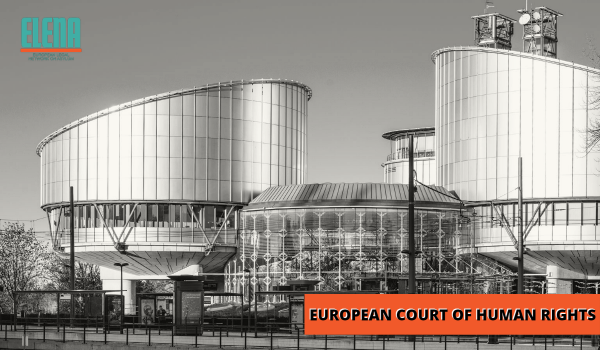On the 5th of September 2023, the European Court of Human Rights (ECtHR) ruled in its judgments no. 44810/20 and 31434/21. The cases concerned two Afghan applicants who had entered Denmark at a young age and had been convicted of criminal offences and sentenced to prison while they were minors and adults. They received a deportation order with a twelve-year entry ban. However, the applicant in the first case stated that he cannot be deported as he had undergone therapy and resumed his studies to become a kindergarten teacher. The applicant in the second case argued that his girlfriend was pregnant, that they had known each other since 2017 and were living together.
The ECtHR accepted that the expulsion orders and entry-bans interfered with the applicants’ private life and focused on examining the proportionality of the measure. In regard to case no. 44810/20, the Court highlighted that the applicant’s previous convictions did not indicate that he posed a general threat to public order, that he had not received any previous warnings as to the risk of expulsion, that he had attempted to reintegrate himself into Danish society, that a relatively lenient sentence was imposed, and that applicant had very strong ties with Denmark whereas his ties with Afghanistan were non-existent as he arrived in Denmark at a very young age and had lawfully resided there for approximately eighteen years. In the case no. 31434/21, the ECtHR reiterated similar reasoning with the difference that there were no recent previous convictions, no mention of reintegration and that the applicant in this case lawfully resided for approximately sixteen years. Hence, the ECtHR held that the expulsion orders and the re‑entry bans were disproportionate and so Article 8 of the European Convention on Human Rights (ECHR) was violated.

